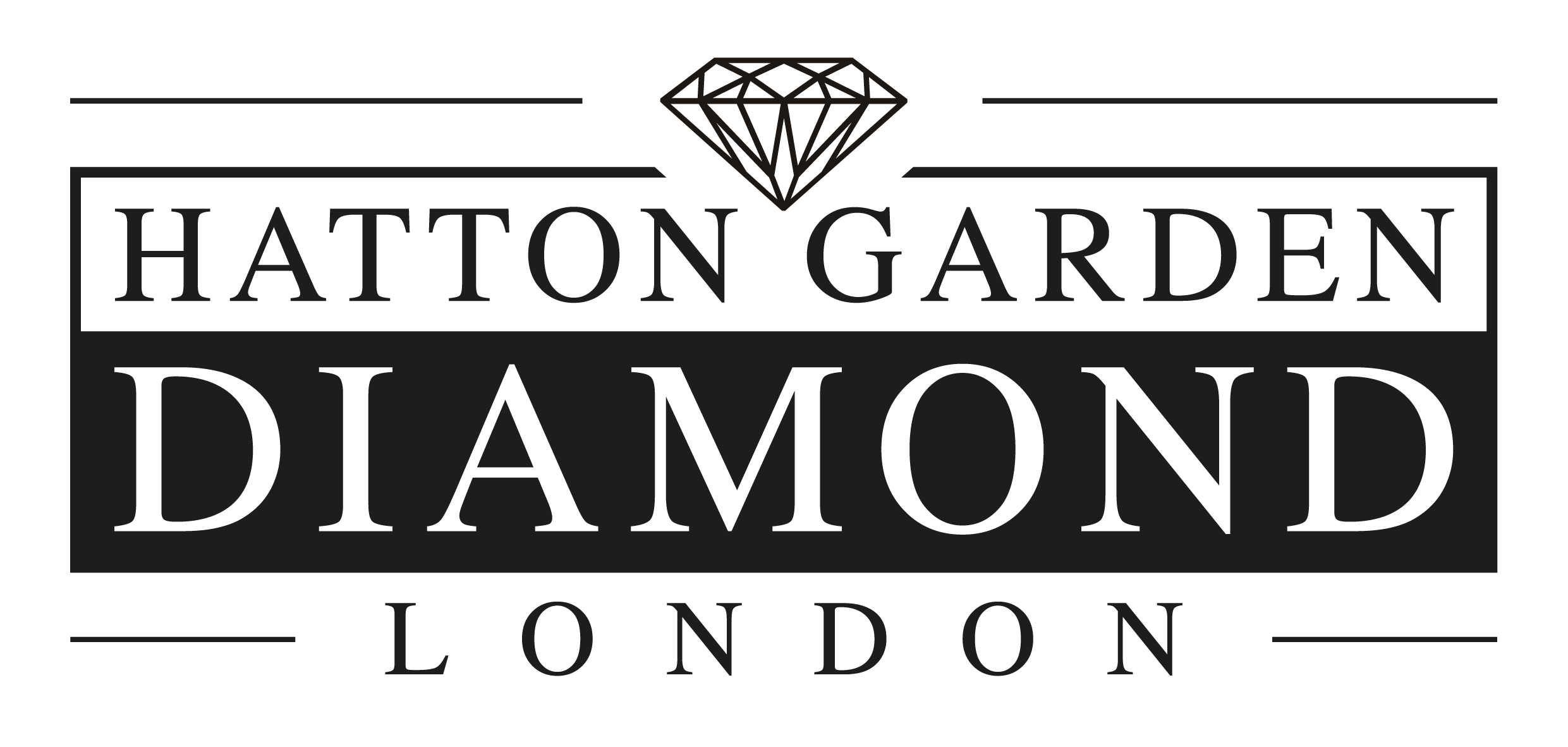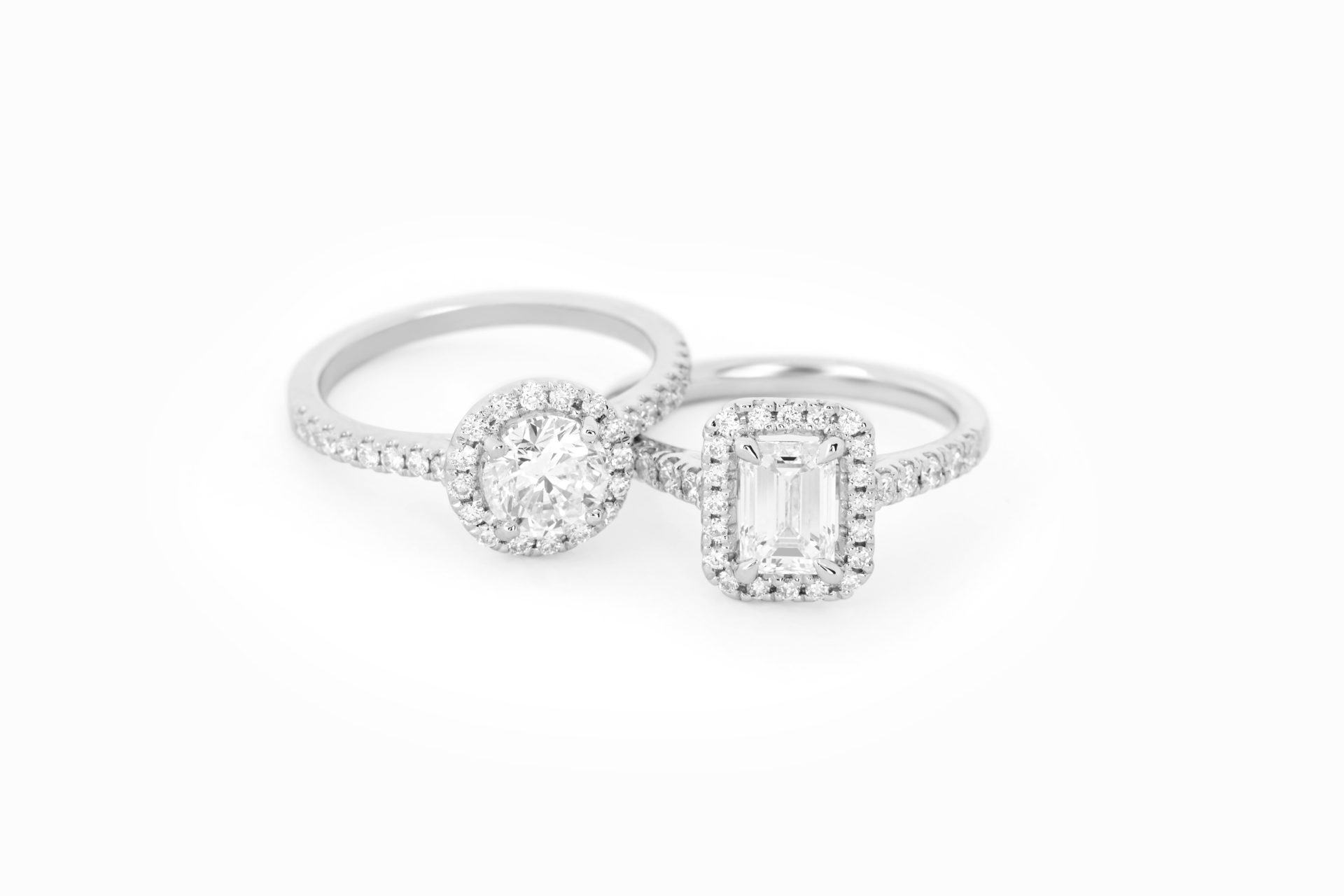Diamonds
Lab-Grown Diamonds: Frequently Asked Questions
Lab-grown diamonds are becoming a popular stone choice for engagement rings, but many buyers are sceptical because they don’t know much about them.
If you want to know more about these stones, GIA and IGS are trustworthy sources you can consult. However, few of us have time to do extensive research, so we compiled a list of the most frequently asked questions about lab-grown diamonds.
Are Lab-Grown Diamonds Real Diamonds?
The biggest concern among people is whether these diamonds are real. Lab-grown diamonds are real, having the same chemical, visual, and physical traits as their natural counterparts.
Carbon, intense heat, and high pressure are required to grow both, with one difference. The natural ones form in the Earth’s mantle, and the lab diamonds are made with cutting-edge equipment in a controlled laboratory environment.
Lab diamonds are as durable as natural ones and have the famous Mohs hardness of 10. The main difference is that they are much cheaper, up to 40% less than the price of naturally mined diamonds.
Is There a Difference Between a Naturally Mined and a Lab-Grown Diamond?
There is no way to tell the difference at first glance, except for some minor details. The girdle of a lab-grown diamond has a laser inscription visible only with a magnifying glass. The girdle is the widest part forming the outline when the diamond is seen from the top.
A lab report number may be inscribed on the girdle, giving you a lot of information about the diamond. If the girdle contains nothing, you can find out if it’s mined or created only by contacting a major gemological lab.
How Long Is a Lab Diamond Grown For?
It takes between two to six weeks to grow a lab-grown diamond. No attempts should be made to speed up the process because it will lead to fractures in the crystal. Several weeks is not such a long time compared to the 1 to 3 million years needed to form a natural diamond.
Are Lab-Grown Diamonds Certified?
Every purchased lab-grown diamond must have a certification, just like a natural diamond. The report should include information about the 4 C’s (carat weight, colour, cut, and clarity), fluorescence, and proportions. Be sure that the certificate comes from a reputable lab.
Are Synthetic Diamonds the Same as a Lab Diamonds?
Yes, sometimes lab-grown diamonds are referred to as synthetic, meaning they are made through a chemical process. This doesn’t mean that they are fake diamonds or diamond simulants. Lab-grown diamonds are also called man-made, cultured, or cultivated diamonds.
Are Lab-Grown Diamond and Cubic Zirconia the Same?
Lab-grown diamonds and cubic zirconia (CZ) differ because CZ doesn’t contain carbon. Jewellers can quickly tell the difference between the two as the patterning, and the performance of cubic zirconia doesn’t match that of a diamond.
Shop Lab-Grown Diamonds Now
Hatton Garden Diamond is a family-run business and one of the UK’s most reputable jewellery companies. Our team is here to help you choose between naturally mined or lab-grown diamonds for that special someone. From bespoke services to made-to-order and ready-to-wear, we guarantee you’ll find exactly what you want.
Visit us or book a consultation now.

